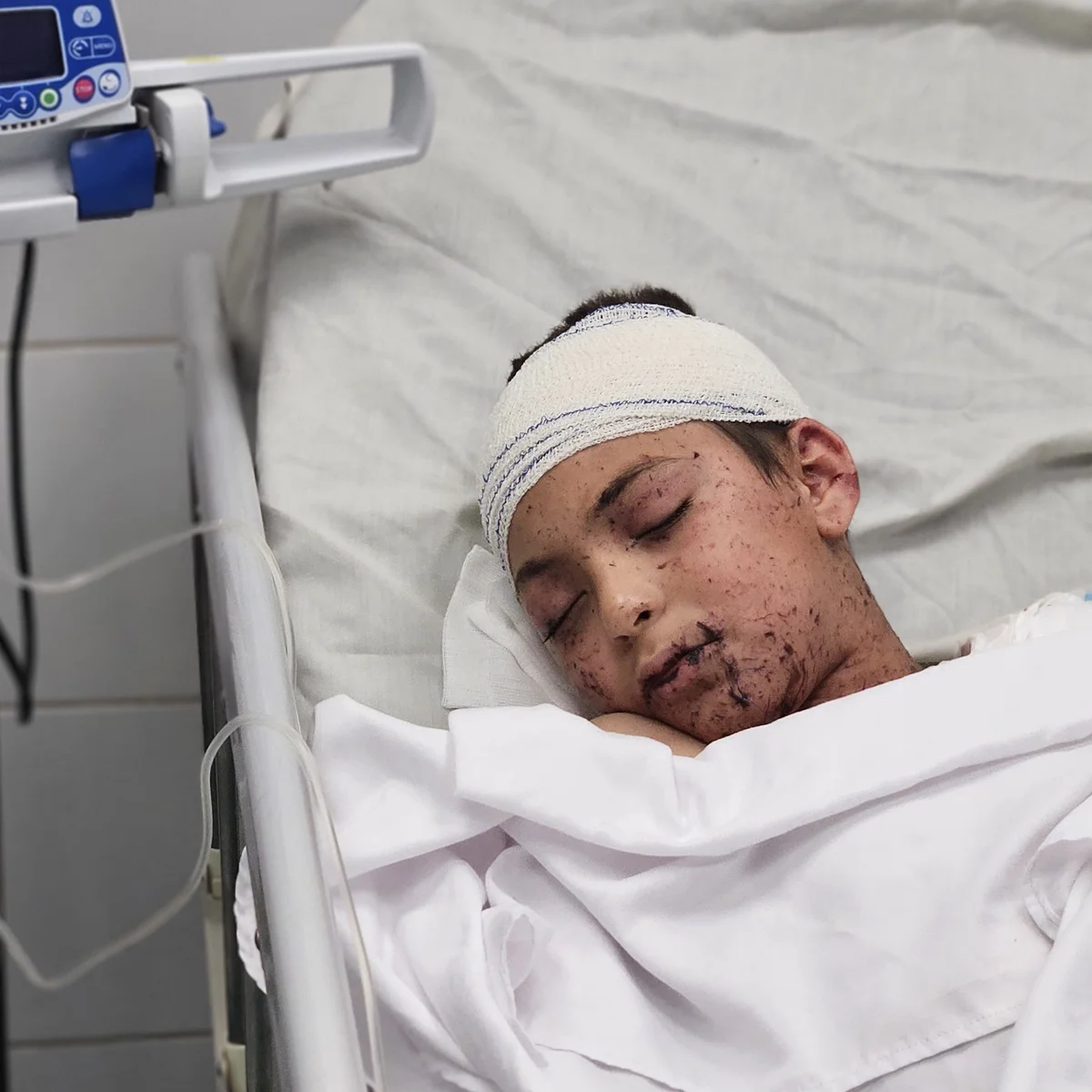Tragic Duty: A Doctor Receives Her Own Children's Bodies
In an incredibly heartbreaking incident at Nasser Hospital in Khan Younis, Dr. Alaa al-Najjar, a dedicated healthcare professional, faced an unimaginable loss while fulfilling her duty. While serving in the hospital, she was confronted with the tragic reality of receiving the bodies of her own children. This harrowing experience not only underscores the personal toll of ongoing conflict but also highlights the resilience and commitment of those in the medical field who continue to serve amidst chaos.
The scenario that unfolded reflects the broader humanitarian crisis affecting many in the region, where civilian lives, including those of children, are often caught in the crossfire. The emotional and psychological burden placed on healthcare workers, such as Dr. al-Najjar, is profound. They are not just caregivers dealing with the aftermath of violence; they are also individuals grappling with personal grief and loss.
The echoes of Dr. al-Najjar's story serve as a poignant reminder of the devastating impact of violence on families and communities. Despite the continuous challenges, her commitment to her profession is commendable, highlighting the strength and perseverance of those working on the front lines of healthcare in hostile environments.
As the conflict continues to rage, it remains imperative to address the urgent need for protection and support for both the civilian population and those brave enough to provide medical assistance. The harrowing circumstances encountered by individuals like Dr. al-Najjar prompt a reevaluation of the human cost of war and the urgent call for peace and healing.
Bias Analysis
Key Questions About This Article




